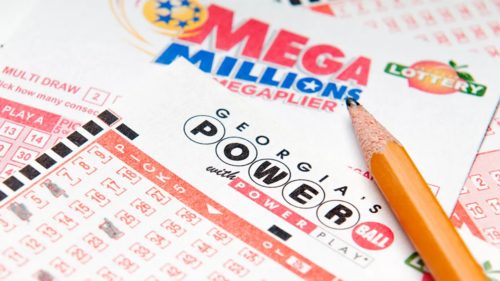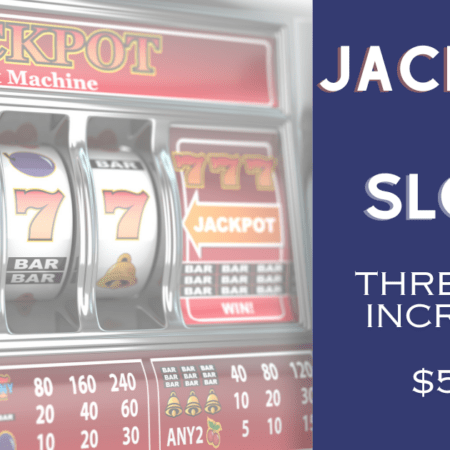Lottery winners hitting it big is often seen as a ticket to financial freedom. However, a recent revelation from the Foundation for Government Accountability (FGA) has shed light on a surprising issue. Despite winning substantial prizes that should have made them ineligible for government assistance, around 66,000 lottery winners in the United States continue to receive food subsidies through the Supplemental Nutrition Assistance Program (SNAP). This blog will delve into the details of this unexpected problem. And explore the FGA’s call for better oversight and policy changes.

States in the Spotlight
Hayden Dublois, the data and analytics director at FGA, highlighted that 13 states responded to FGA’s requests for information on substantial lottery winners still receiving food stamp benefits since 2019. The Freedom of Information Act (FOIA) facilitated the submission of these requests. In the states that provided data, the issue became glaringly evident.
Lottery Winners – Uncovering the Loopholes
In a recent op-ed for Fox News, Dublois attributes this issue to a combination of state negligence and federally established loopholes. SNAP is designed for individuals and families who fall at or below 130% of the poverty line. This equates to an income of $2,694 per month for a family of three or approximately $32,328 annually. Shockingly, state data reveals that at least 66,000 individuals remained on SNAP benefits. Even after winning lottery prizes far exceeding these qualifying thresholds.
More Than Small Wins
Dublois underscores that we are not discussing minor lottery winnings. Even individuals who have won significant prizes, such as a $2 million jackpot in South Dakota, continue to receive taxpayer-funded food assistance. This situation raises fundamental questions about the current system’s ability to direct benefits to those truly in need.
The Necessity of Policy Reforms
The FGA asserts that states must take more proactive measures, including cross-referencing lottery winning records with their SNAP recipient lists. Additionally, they propose that Congress should amend the “broad-based categorical eligibility” of the food benefit program. This change would ensure that individuals qualifying for one government assistance program are likely to qualify for food stamps.
Lottery Winners – A Widespread Issue
Dublois implies that the reported 66,000 cases might significantly underestimate the problem’s scale, as only 13 states responded to the FOIA requests. Considering that nearly every state in the U.S. operates a lottery, the nationwide extent of this issue is potentially immense. It is a matter that deeply concerns and demands immediate attention and action to guarantee that government assistance reaches those who genuinely require it.
In conclusion, the disclosure of lottery winners continuing to receive food stamps despite substantial windfalls underscores the pressing need for enhanced oversight and policy adjustments within the system.

I hold the prestigious role of Head of Content at Best United States Casinos, where I lead the charge in content creation and strategy. Fueled by my profound passion for casinos and backed by years of industry experience, I am a powerhouse of knowledge. My dedication shines through in my mission to craft captivating and informative content that resonates with casino enthusiasts across the globe. Whether it’s uncovering the latest trends or diving into the nuances of gameplay, I am committed to delivering top-notch content that keeps audiences engaged and informed.








